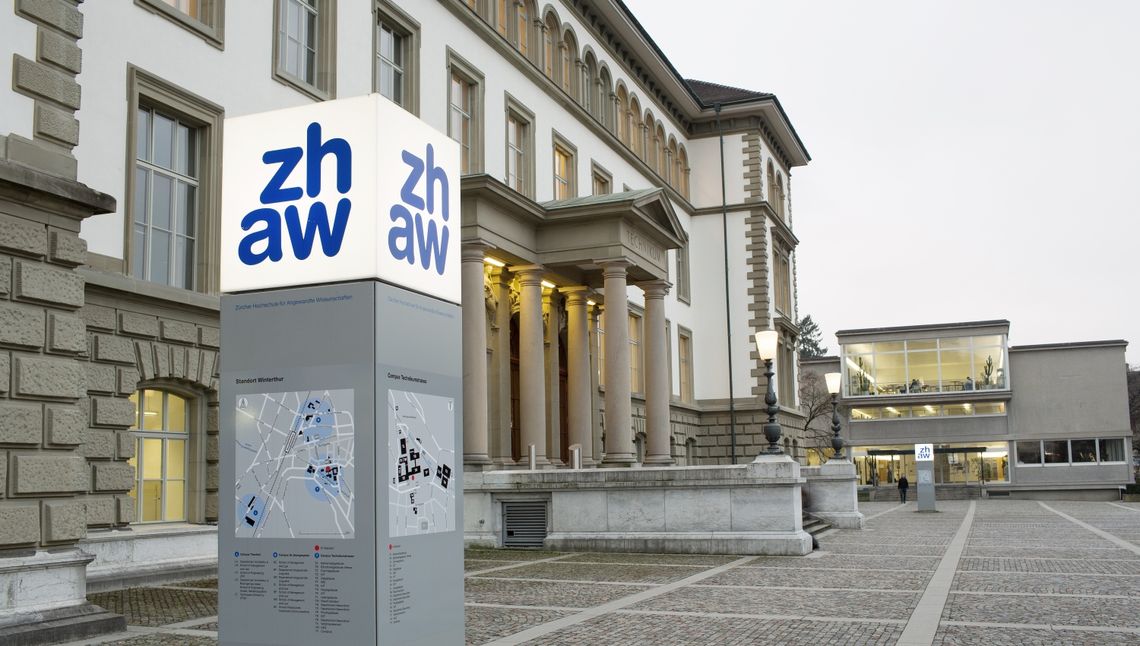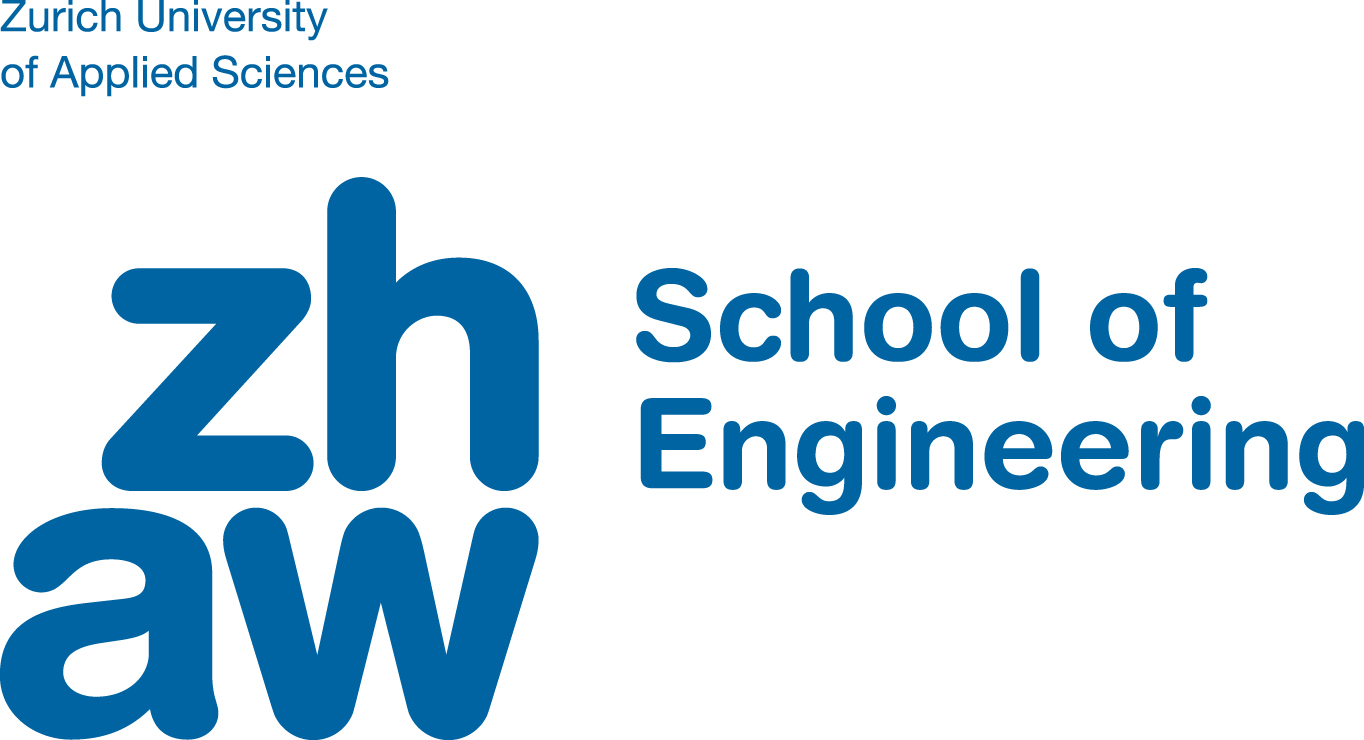About Winterthur and ZHAW
ANNPR 2020 will take place in Winterthur, Canton of Zurich. Winterthur is the sixth-largest city of Switzerland with around 110 000 inhabitants. It is located in eastern Switzerland, approximately 20 km from Zurich.
The Zurich region is the hub of the digital economy in Switzerland, hosting companies like Google, NVIDIA, IBM and Facebook with a high natural affinity to neural networks and pattern recognition. It is also host to world famous universities such as ETH Zurich and University of Zurich UZH, as well as to several universities of applied sciences including the ZHAW. The Swiss AI Institute IDSIA in Lugano, as well as the Swiss Data Science Center SDSC by ETH Zurich and EPFL Lausanne complete the Artificial Intelligence and Machine Learning landscape in the region.
Winterthur is home of the ZHAW, the Zurich University of Applied Sciences, which is one of the leading universities of applied sciences in Switzerland. ZHAW has around 13 000 students and 3000 employees. Teaching, research, continuing education and other services are both scientifically-based and practice-oriented. In our work in research and development, we concentrate on important societal challenges, with a particular focus on energy and social integration. With locations in Winterthur, Zurich and Wädenswil, the ZHAW is firmly integrated in the local region whilst also collaborating with international partners.

ZHAW’s School of Engineering and InIT
As one of the leading Engineering Faculties in Switzerland, the ZHAW School of Engineering emphasises topics which will be relevant in the future. Our 13 institutes and centres guarantee superior-quality education, research and development with an emphasis on the areas of energy, mobility, information and health. The School of Engineering offers a master’s degree in engineering and bachelor’s degree in aviation, computer science, electrical engineering, engineering and management with specialisations in industrial engineering and business mathematics, enterprise computing, mechanical design and engineering, mechanical engineering informatics, materials and process engineering, systems engineering / mechatronics and transportation systems.
The workshop is organized by the Institute of Applied Information Technology (InIT) at the ZHAW School of Engineering. The institute performs applied research and education in the main areas of Distributed Software Systems, Human Information Interaction, Information Security, Information Engineering and Service Engineering. The Information Engineering group has a focus on information retrieval, database and information systems and Artificial Intelligence. It is actively engaged in various applied research projects with industrial partners in the areas of Deep Learning. It performs pattern recognition research, working on a wide variety of tasks on image, audio or generally “signal” data. As a group, we focus on deep learning and reinforcement learning methodology, inspired by biological learning. Each task that we study has its own learning target (e.g., detection, classification, clustering, segmentation, novelty detection, control) and use case (e.g., predictive maintenance, speaker diarization for multimedia indexing, document analysis, optical music recognition, computer vision for industrial quality control, automated machine learning, deep reinforcement learning for automated game play or building control), which in turn sheds light on different aspects of the learning process.


Datalab & Swiss Alliance for Data-Intensive Sevices
ZHAW’s InIT was one of the co-founders of the ZHAW Datalab, a virtual organization spanning several departments and institutes. Its goal is to be a nationally leading and internationally recognized center of excellence for research, teaching and services in the area of data science. The Datalab closely cooperates with industry, enabling innovation and technology transfer. In order to reach its goals, the Datalab fosters interdisciplinary collaboration and exchange of ideas between its members and associates.
Members of ZHAW’s InIT are also strong driving forces behind the Swiss Alliance for Data-Intensive Services, which is making a major contribution in making Switzerland an internationally recognized lighthouse for data-driven value. It consists of an interdisciplinary expert network of innovative companies and universities to combine knowledge from different fields into marketable products and services.


How to get there
Zurich is among the cities with the highest quality of living in the world. Its location at Lake Zurich, the closeness to the Alps (1 hour) and Lake Konstanz (1 hour), and to many other scenic locations (Lucerne, Bern, Thun are all reachable within ca. 1 hour) apart from the city itself make it worth a trip on its own.
Winterthur is located about 20km from Zuerich and connected via frequent trains (travelling time 20 minutes). The workshop location on the campus of the ZHAW School of Engineering is located in the city center of Winterthur, within walking distance of the Winterthur train station.
Zuerich is located in the center of Europe. Zuerich Airport (ZRH) provides convenient access with many direct connections from many cities in Europe and worldwide. There are also excellent train connections with other cities in Switzerland as well as neighbouring countries such as Germany, France or Italy.